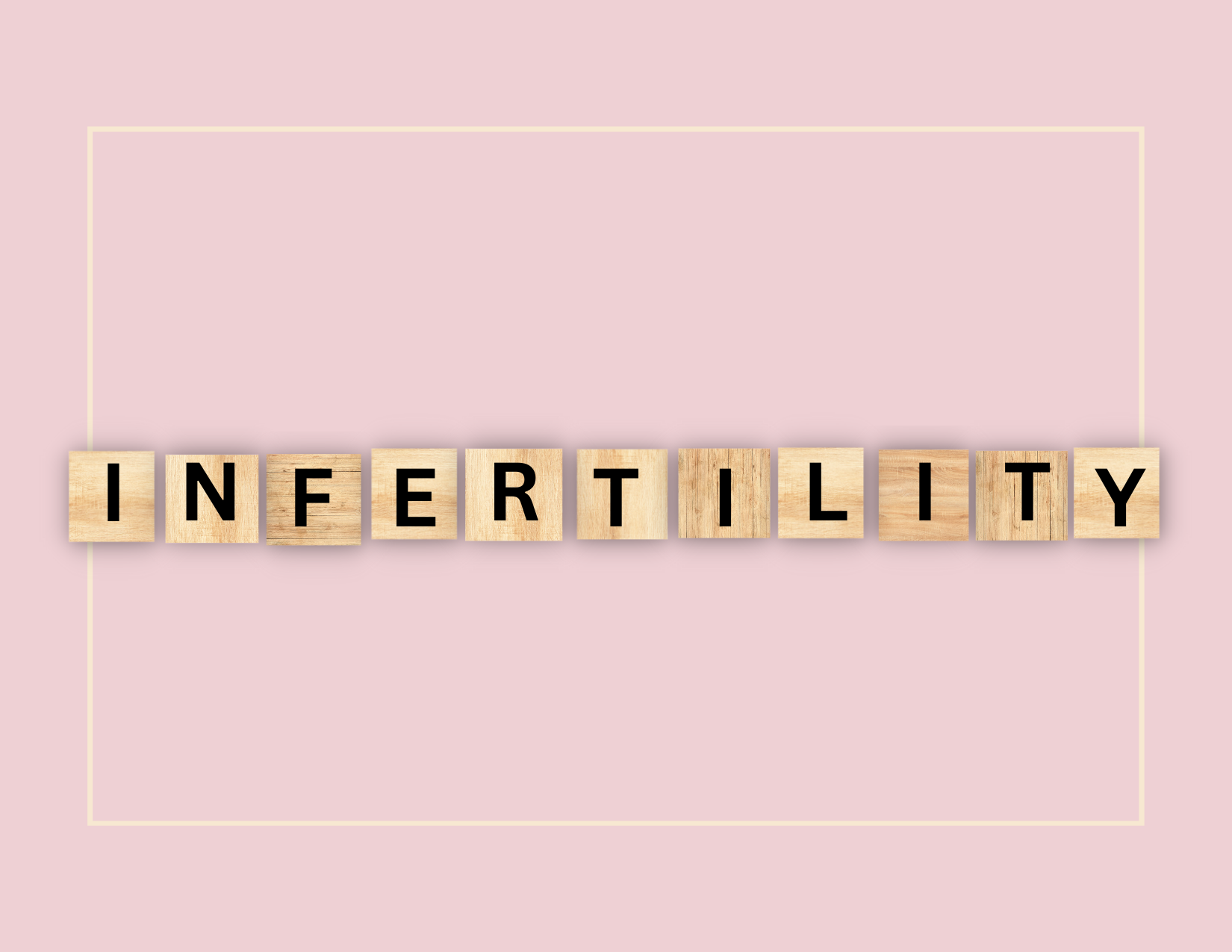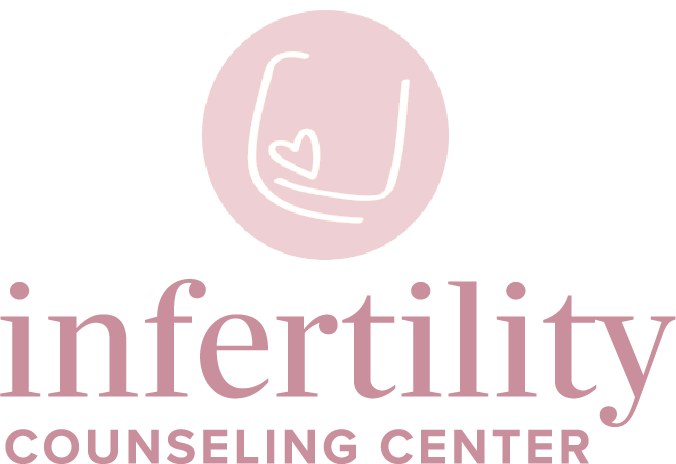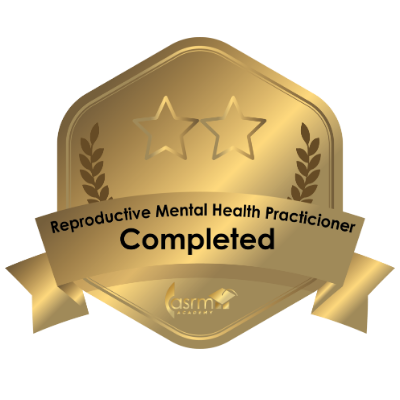UPDATED: The definition for infertility has been updated. According to the ASRM (American Society of Reproductive Medicine) infertility is defined as:
‘‘Infertility’’ is a disease, condition, or status characterized by any of the following:
- The inability to achieve a successful pregnancy based on a patient’s medical, sexual, and reproductive history, age, physical findings, diagnostic testing, or any combination of those factors.
- The need for medical intervention, including, but not limited to, the use of donor gametes or donor embryos in order to achieve a successful pregnancy either as an individual or with a partner.
- In patients having regular, unprotected intercourse and without any known etiology for either partner suggestive of impaired reproductive ability, evaluation should be initiated at 12 months when the female partner is under 35 years of age and at 6 months when the female partner is 35 years of age or older
Infertility: a disease of the reproductive system defined by the failure to achieve a clinical pregnancy after 12 months or more of regular unprotected sexual intercourse.
This is the official definition of infertility. Although there are some caveats for those over 35 years (trying for 6 months), and some definitions include the inability to maintain a pregnancy, not just achieve a pregnancy.
According to the WHO, 1 in 6 couples experience infertility. One third is attributed to the female factors, one third to male factors, and one third to a combination, or unknown factors.
Some people are given a diagnosis for why they are experiencing infertility: Polycystic Ovarian Syndrome (PCOS), problems with sperm (such as no sperm production, diminished motility, or sperm is not formed correctly), blocked fallopian tubes, or Endometriosis. Or, for many, it could be unexplained. No reason at all.
But there’s more to infertility than official diagnoses.
Definitions seem so removed from the emotions of infertility. Perhaps that is how all people react to a diagnosis of a “disease.” The technical definition is so cut and dry. Unattached to the reality of the disease. Oblivious to the pain and heartbreak of it.
Here’s a non-official definition that takes into account the toll this disease takes:
Infertility is the heartbreaking, devastating inability to get pregnant or maintain a pregnancy. This could happen after 6 months. Or it could happen after 3 years. It’s the loss of a dream to have a family. To experience pregnancy. To hold a newborn child in your arms. The monthly grief of hoping this month will be different, and then having a cycle start and realizing it’s the same as always. The pain of hearing your family and friends tell you they’re pregnant “and they weren’t even trying.” The traumatic loss of a pregnancy – along with the grief and pain that comes with it. The constant thought of “why can’t my body work like a normal person’s?” This happens for couples and for those choosing to be single parents.
Infertility sucks.
Share this with your support people so they can understand you a bit better.
Also, check out these other resources:
https://www.reproductivefacts.org/?vs=1
https://www.cdc.gov/reproductivehealth/infertility/
https://resolve.org/
Share this story
Julie Potter, LCSW is a psychotherapist based in Kansas City, MO providing individual, couple and group therapy for people struggling with infertility and family building challenges. She offers in-person sessions as well as remote sessions for people based in Missouri, Kansas, Idaho and Utah.








